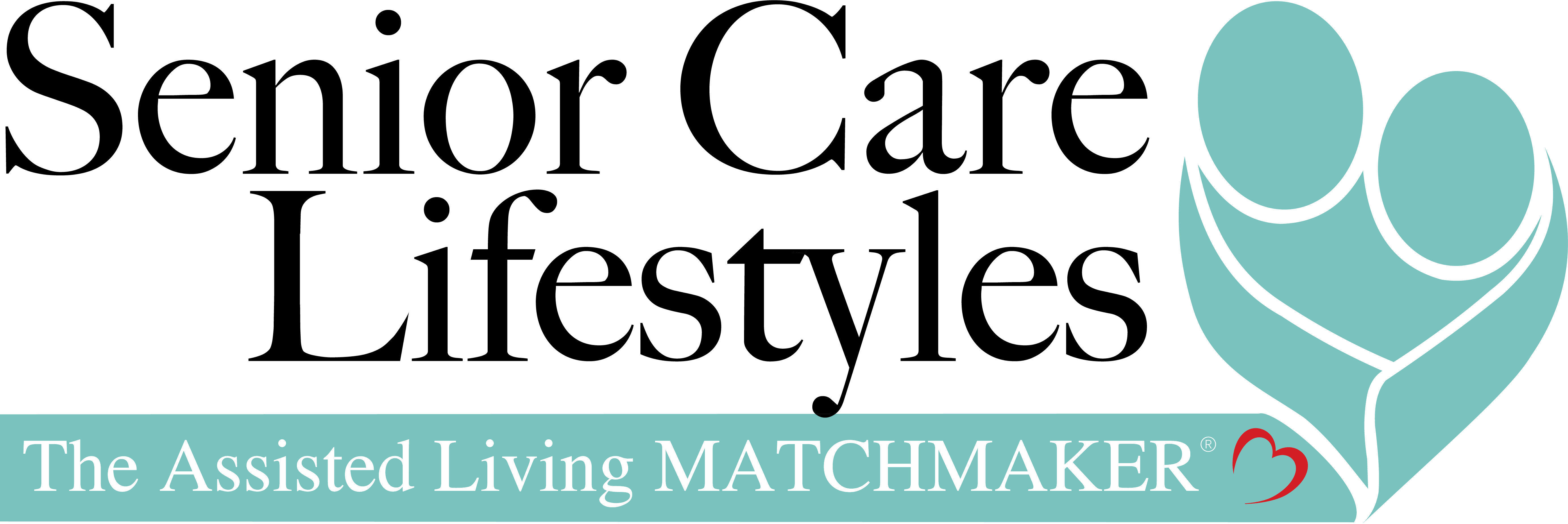- Serving, Baltimore, Harford, Howard, Anne Arundel and other surrounding counties.
- 410-977-3718
Three Early Signs of Dementia

As more research is conducted on the brain, we learn that subjective cognitive complaints can be the earliest indicator of Alzheimer’s disease.
However, recognizing the difference between general age related memory issues and dementia can be difficult. You can catch it early by looking for these warning signs, enabling you to better help your aging parent or loved one.
Significant Memory Changes
While this is the most recognized symptom of Alzheimer’s, it is also a difficult one to read. This is because normal aging will bring someone to forget more easily. The key is to understand when it is a problem. If your parent or loved one is forgetting names of doctors, or where the car keys were last seen, those can be signs of normal aging. If important events, dates and appointments are forgotten, or the information must be repeated consistently, then that counts as a warning sign.
Hoarding
A more unusual sign, some pre-dementia sufferers will begin to hoard, either out of confusion or because of a magnified version of a personality trait that they already possessed. If you know that your father is a collector, of say, sports memorabilia and coins, then you expect to see those things around the home. If you notice that he is not only collecting those things, but is keeping all mail and all possessions piled up and in disarray, you can recognize that’s something’s not right. Often, those showing early signs of dementia will grow scared or embarrassed, and keep items around in order to hold on to memories.
Personality & Mood Changes
If your loved one is showing signs of confusion, depression, anxiousness or is suspicious overall, keep a closer eye on his or her relationships. It’s normal for someone who is used to a routine to become irritable when that routine is disrupted. If your senior is pulling away from usual social activities and becoming weary of work or company, then early signs of dementia may be present.




